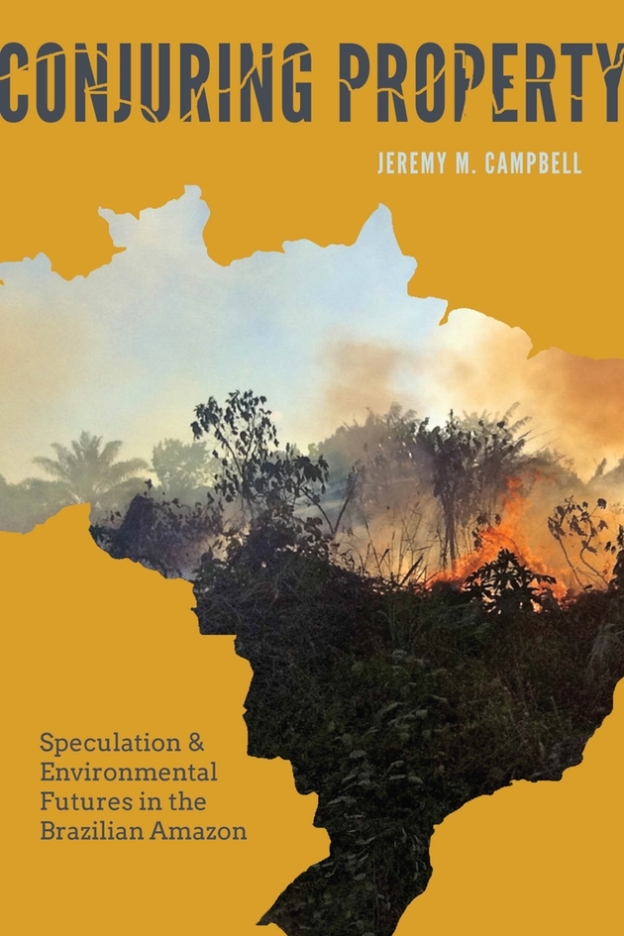On August 16, Senator Elizabeth Warren announced the policy she will pursue for American Indians if she wins the presidency in 2020. While the New York Times called it a plan to “help” Native Americans, the Huffington Post emphasized Warren’s intent to “empower tribal nations,” noting specifically her desire “to reverse” a 1978 Supreme Court ruling that tribal governments have no power to prosecute non-Indian lawbreakers.
Warren promised to seek congressional affirmation that tribes have “inherent jurisdiction over their sovereign territory,” including jurisdiction to arrest, try, and jail non-Indians who commit crimes there. Voters may think that is a radical and unrealistic proposal, but Warren’s choice of words – her call for legislation to “restore” tribes’ jurisdiction over non-Indians – suggests that radical change came with the Supreme Court’s interpretation of existing law. Indeed, a year before the court ruled, the American Indian Policy Commission – a body created by and composed of US lawmakers – adopted virtually the same position on tribal jurisdiction as Warren has. A commission investigation revealed that several dozen tribes were applying their laws to non-Indians as well as Indians, with encouragement from key federal officials.
This historical information is not from Warren’s manifesto; it appears in Reclaiming the Reservation: Histories of Indian Sovereignty Suppressed and Renewed, my book recounting modern tribes’ efforts to regulate all people and activities within reservation boundaries. Reservations – even those established for Indians’ “exclusive use” – were never entirely closed to non-Indians, but thousands of non-Indians now live on reservations because Congress allowed them to acquire land there in the late 1800s. For five subsequent decades, the undeniably dominant United States tried to dismantle tribal nations and discourage Indian self-governance but did not abolish reservations or deny tribes’ inherent sovereignty. Meanwhile, through several turns of US policy, lawmakers and judges made a jumble of the rules for governing what remained of Indian country.
With stories from Indian perspectives, which the Supreme Court did not consider, Reclaiming the Reservation shows why and how tribes brought the issue of their power over non-Indians to national attention in the 1970s. Several factors had combined to convince them that taking responsibility for reservation conditions was essential for their communities’ survival and was their right under US law. Although tribes featured in the book did want to deter criminal activity, that was a secondary aim – a corollary of their desire to preserve and manage the land and resources on which their future as tribes depended.
Nevertheless, the action that eventually provoked a Supreme Court case about tribes’ jurisdiction over non-Indians was not a land use regulation; it was an arrest and prosecution for assault. A climactic chapter of the book examines the court’s denial of tribal power in Oliphant v. Suquamish Tribe along with the criticism that opinion earned for its blinkered, disingenuous account of relevant history and its evident racial bias. The book does not end there, however, because – as Elizabeth Warren’s familiarity with the issue indicates – tribes’ determination to ensure safe conditions on reservations did not end there. The Supreme Court’s veto of criminal law enforcement has not deterred them from invoking civil power to regulate non-Indians.
As the number of non-Indians who travel, live, or work on Indian reservations has grown in recent years, so have the stakes in the jurisdiction debate. Yet most non-Indian voters today are as uninformed about reservation community histories as the justices were in 1978. Thus, while Senator Warren’s support for tribal power may win her Indian votes, it could alienate more numerous non-Indians, many of them fearful that tribal police and courts will be unfair. Rather than address that fear directly, Warren identified tribal jurisdiction as a sensible response to another, proven threat: criminals are escaping justice through gaps in reservation law enforcement. She cited Native women’s shocking rate of violent victimization, often by non-Natives who never face prosecution – a scandal that motivated Congress in 2013 to approve limited tribal court jurisdiction over Indians’ abusive, non-Indian intimate partners.
That amendment to the Violence Against Women Act was politically feasible because tribal governments are increasingly sophisticated, effective, and accepted as permanent components of an American federation that has three kinds of sovereign polities. Senator Warren’s position on tribal jurisdiction is also a consequence of that historic tribal resurgence – a sign that tribes have persuasively communicated their need for empowerment and their ability to wield power judiciously. Their accomplishment illustrates a central theme of Reclaiming the Reservation: long after Europeans invaded America, Indians continue negotiating with their conquerors for terms of relations that will enable sovereign tribal communities to endure.
Alexandra Harmon is professor of American Indian studies at the University of Washington. She is the author of Rich Indians: Native People and the Problem of Wealth in American History and editor of The Power of Promises: Perspectives on Pacific Northwest Indian Treaties. Her book Reclaiming the Reservation is part of the Emil and Kathleen Sick Book Series in Western History and Biography.
To hear more about Reclaiming the Reservation, please join us for Professor Harmon’s Emil and Kathleen Sick Lecture on November 6th at 3:30 p.m. in UW Allen Library’s Peterson Room.


